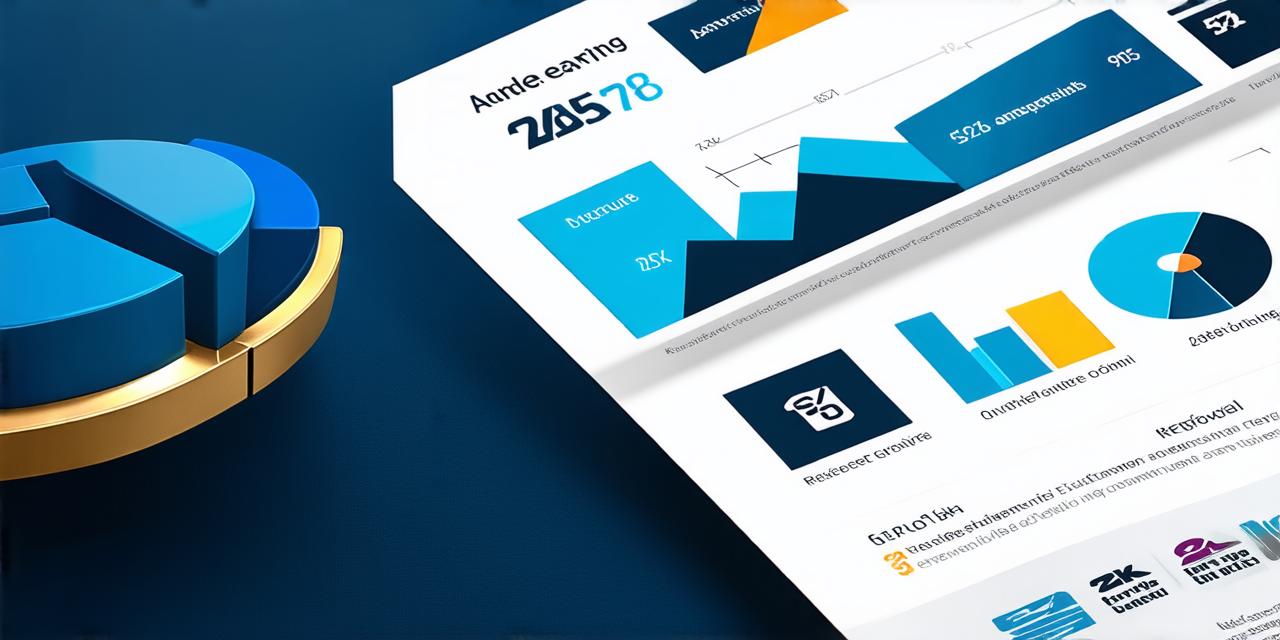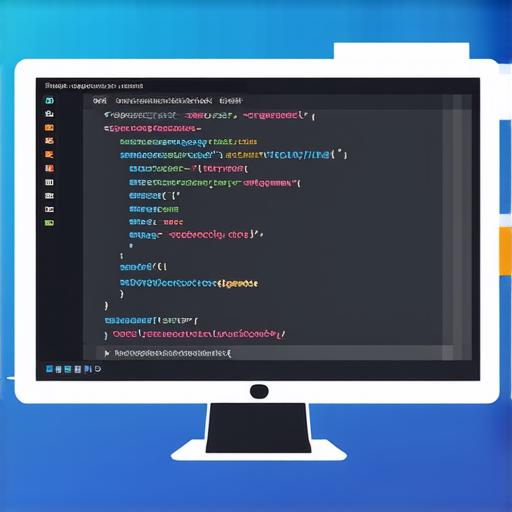
Is coding necessary for web development?
The Role of Coding in Web Development
Coding is not just about writing lines of code; it’s about solving problems, creating solutions, and bringing ideas to life. It allows developers to manipulate the underlying structure of a website, enabling them to create functional, interactive, and dynamic web experiences. This control over the intricacies of a website sets coding apart from no-code tools that often limit customization options.
The Power of Coding in Real-life Scenarios
Let’s consider the development of an e-commerce platform as another example. While no-code platforms can help create a basic store, only coding allows for features like personalized product recommendations, secure payment gateways, and complex inventory management systems. These functionalities are essential for a successful e-commerce platform and underscore the importance of coding in web development.
The Importance of Coding for Career Advancement
In the competitive world of web development, having coding skills can open doors to better job opportunities and higher salaries. Employers often seek developers who have a strong understanding of code, as they are more adaptable to new technologies and trends. This adaptability is crucial in an industry that is constantly evolving.
The Role of Coding in Solving Complex Problems
No-code tools can help with simple tasks, but when it comes to solving complex problems, coding is indispensable. For instance, developing a scalable and efficient search algorithm for a large database requires a deep understanding of coding principles. This demonstrates how coding skills are essential for tackling the challenges that arise in web development.
The Future of Web Development: A Symbiotic Relationship
The rise of no-code tools does not negate the importance of coding; instead, it creates a symbiotic relationship between the two. No-code platforms can simplify certain aspects of web development, allowing developers to focus on more complex tasks that require coding skills. As technology continues to advance, this relationship will likely become even more intertwined, with no-code tools and coding skills complementing each other in the creation of innovative web solutions.
FAQs

- Can I create a professional website without coding? While it’s possible to create a functional website using no-code tools, a truly professional website often requires coding skills for customization and advanced functionality.
- Is learning to code time-consuming? Yes, learning to code does require time and dedication. However, with the right resources and persistence, anyone can learn to code and reap the rewards of a fulfilling career in web development.
Conclusion
While no-code tools offer a simplified approach to web development, understanding code is crucial for creating dynamic, customizable websites that meet the needs of users and businesses alike. As technology continues to evolve, so too will the importance of coding skills in web development.

















